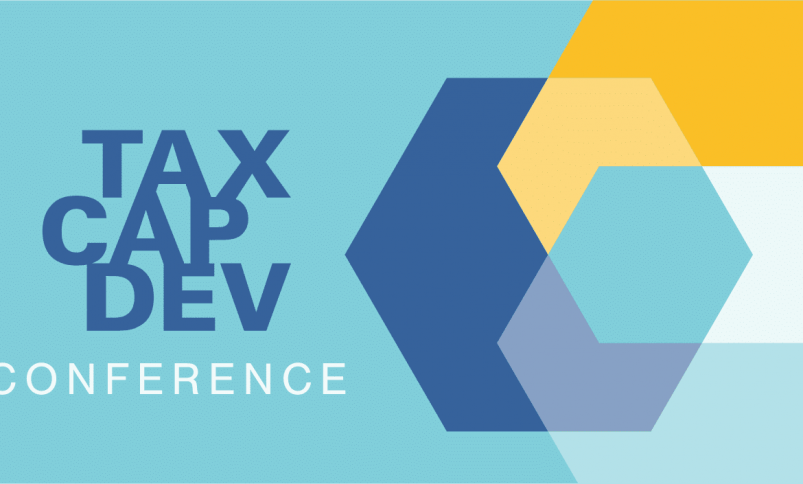We invite you to join the WIDER Seminar on May 24th from 15:00 PM – 16:00 (CET) PM with our own Odd-Helge Fjeldstad (CMI & Project Coordinator of TaxCapDev-network). The WIDER Seminar Series showcases the latest research on key topics in development economics. It provides a forum for senior and early-career researchers, both in-house and external, to present recent and ongoing work related to UNU-WIDER’s current work program.
For more information about the event and to register, visit UNU-WIDER here.
Like many other governments in African countries, the Government of Tanzania has implemented various compliance enhancement strategies to improve the effectiveness of the VAT system in order to reduce tax evasion. A key administrative initiative introduced in 2010 was the use of Electronic Fiscal Devices (EFDs) – tills that record and transmit data on sales transactions in real-time, to the tax administration and issue VAT-receipts. Despite the EFDs, VAT collection did not improve. A possible explanation for the limited success is that businesses are reluctant to print receipts (in which case the transaction is recorded and the VAT can be collected), and enforcement is costly and inefficient.
In this project, we test whether incentivizing customers to ask for receipts will push businesses to print more receipts, recording their transactions, and eventually increase VAT revenues. To incentivize customers to ask for a receipt, we collaborated with the tax authority in Tanzania and implemented a VAT lottery in Tegeta Tax Region in Dar es Salaam, in July-October 2022. During this period, receipts from a purchase made in Tegeta automatically became a ticket in a lottery when customers provided the seller with their phone number. Lottery draws were made every week, and there was one larger prize every month. The lottery was advertised through public announcements, posters and flyers, as well as social media.
At this seminar, Odd-Helge Fjeldstad will present an analysis of the impact of the lottery on the overall VAT compliance with specific attention on total volumes of sales, printing and issuance of receipts and VAT payable during the period of lottery. The presentation will also provide findings from three waves of customer surveys that were conducted in parallel with the lottery in Tegeta to document how customers perceived and responded to the lottery.

